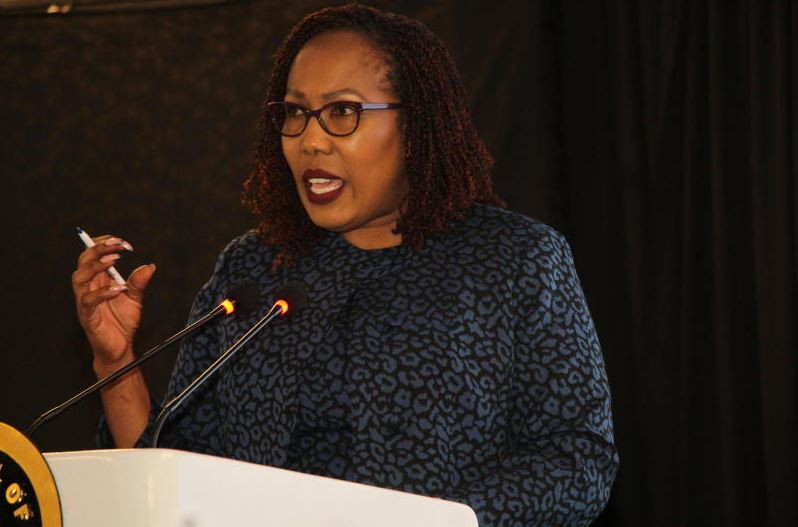The Devolution Conference, 2025, themed: For the People; For Prosperity: Devolution as a Catalyst for Equity, Inclusion and Social Justice ignites a dynamic space to examine devolution as a governance tool in tackling inequalities and consequently enhancing social justice.
The advent of devolution sought to promote social and economic development and to provide proximate services to communities. Indeed, despite the tremendous progress made by county governments since the advent of devolution, counties still face a myriad of challenges. One such challenge is inadequate allocation of resources to address inequalities, marginalisation and poverty in all their manifestations.
The question that lingers, therefore, is, how can we ensure that economic growth is felt by everyone, especially the marginalised? A viable solution lies in pro-poor financing. Pro-poor financing refers to deliberate financial policies, programmes, and investments specifically designed to benefit the vulnerable and poor populations and reduce poverty.
This approach recognises that economic growth alone may not be sufficient to alleviate poverty and that targeted interventions are required to ensure the poor partake in the benefits of development.
Follow The Standard
channel
on WhatsApp
The approach entails channelling more funds to initiatives that address inequality and advance access to development and economic opportunities to citizens regardless of their background, gender or social standing. Importantly, it is about dismantling systemic barriers to socio-economic inclusion.
Unfreedoms
Amartya Sen reminds us that development is a process of expanding the real freedoms that people enjoy and extinguishing the ‘unfreedoms’ such as poverty, poor economic opportunities as well as systematic social deprivation. Freedoms are not only the primary ends of development, they are the principal means.
The devolved functions can be deemed as freedoms. For instance, social opportunities in the form of access to road infrastructure, health services, among others advance economic freedoms.
To further sustain these freedoms and eradicate poverty, and fulfill social justice outcomes, governments at both levels will be required to allocate the maximum available resources for the progressive realisation of economic, social and cultural rights. By prioritising such commitments, governments advance redistributive justice ensuring that the benefits of devolution reach the vulnerable and marginalised.
Day three of the conference will focus on financing equity and inclusion. The title of session ‘Sealing the Fault Lines: Strategies for Action in Financial Inclusivity’ is indeed compelling. The session will examine the role of sub-national governments in promoting access to financial opportunities in order to address systemic economic inequalities and disparities.
The session’s outcomes include consensus building on innovative and actionable strategies to be employed to ensure planning, resource allocation and implementation focus on the often left out and forgotten populations and ensure no one is left out.
Ms Mwiti is Chief Executive Officer of the Council of Governors
Follow The Standard
channel
on WhatsApp
By Mary Mwiti


